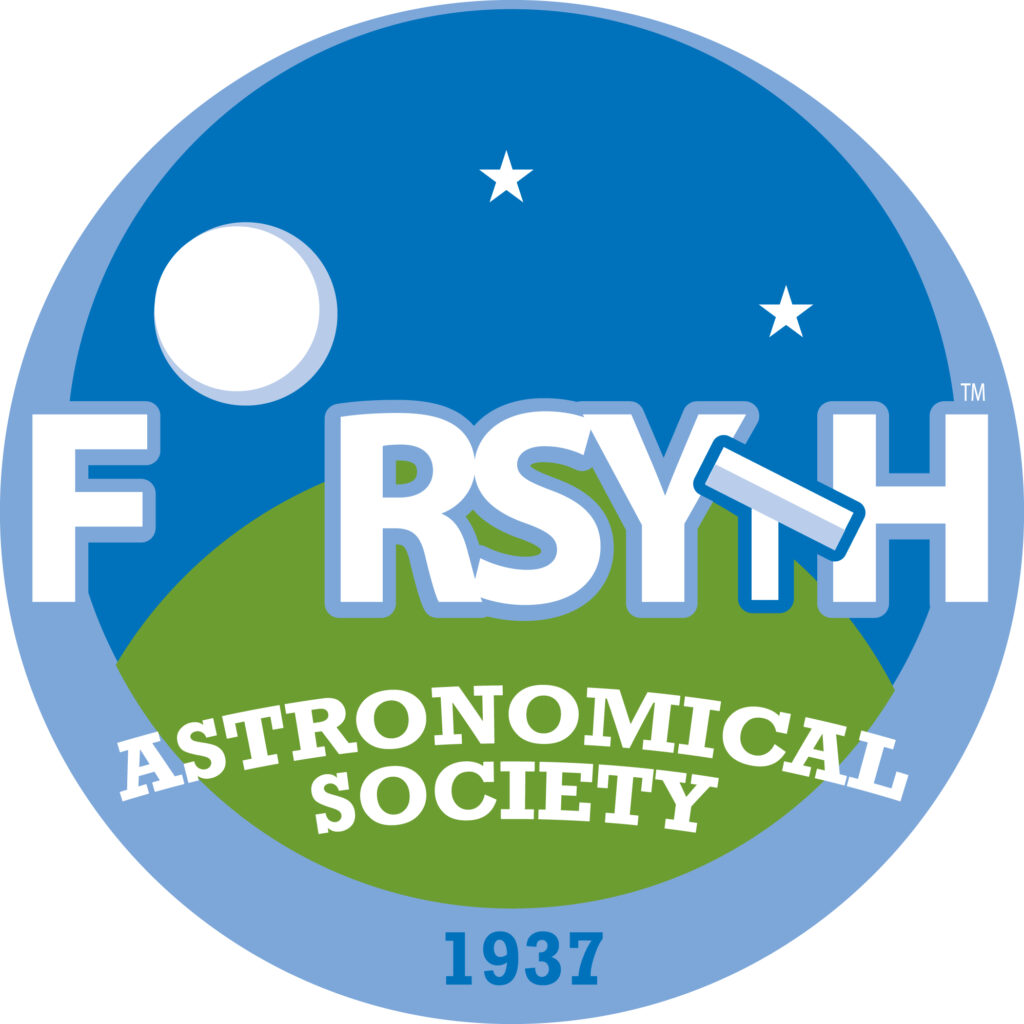Jay Pasachoff to Speak at GTCC on Friday, 28 March – Transits of Venus
Friday, 28 March, 7 p.m.
Koury Auditorium, GTCC, Jamestown
Transits of Venus: Science and History
Jay Pasachoff, Williams College
Noted astronomer Jay Pasachoff will give a lecture, “Transits of Venus: Science and History,” at 7 p.m. Friday, March 28 in the Joseph S. Koury Auditorium on GTCC’s Jamestown Campus, 601 High Point Road. The event is free and open to the public and is part of the North Carolina Science Festival, a multi-day celebration showcasing science and technology through a variety of events across the state.
Jay Pasachoff is Field Memorial Professor of Astronomy at Williams College in Williamstown, Mass. and chair of the International Astronomical Union’s Working Group on Eclipses. He is the world’s most distinguished researcher of solar eclipses and has observed 58 eclipses of the sun during his career. Pasachoff has received the Education Prize of the American Astronomical Society and the Janssen Prize of the Société Astronomique de France. He’s also the author of the popular “Petersen Field Guide to the Stars and Planets.”
Pasachoff’s lecture is presented by GTCC’s Student Astronomy Club, The Stellar Society, whose mission for the past decade has been to support public outreach activities at Cline Observatory. Their efforts have made this annual lecture possible.
Cline Observatory will be open for viewing after the talk, weather permitting.
About the talk “Transits of Venus: Science and History”: Perhaps the rarest scheduled astronomical event comparable to human lifetimes is a transit of Venus. Not a person on Earth was alive when the previous transits occurred before the 2004-2012 pair. Pasachoff will describe the interesting history of transits, from Jeremiah Horrocks’s view of the first observed one in 1639 through Captain Cook’s voyage to Tahiti for the transit of 1769 and through the current efforts. With support from the National Geographic Society, he extensively observed the 2004 transit from Greece and the 2012 transit from Haleakala, Hawaii. He also used the Hubble Space Telescope and the Cassini Mission at Saturn to observe transits seen on other solar-system bodies.
Event website: http://www.gtcc.edu/observatory/speaker-seriesncam/stellar-society-lecture.aspx

